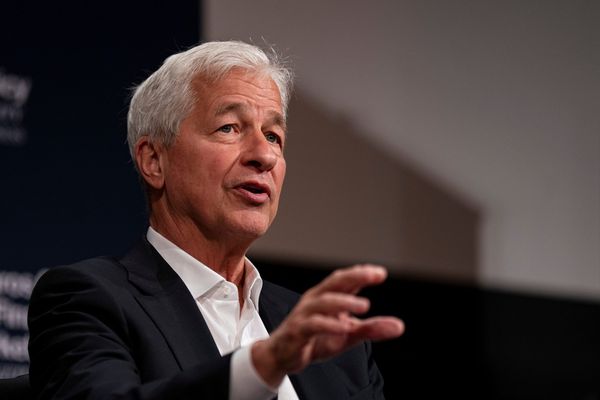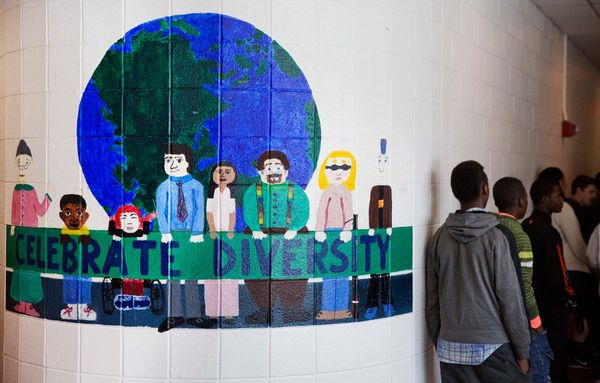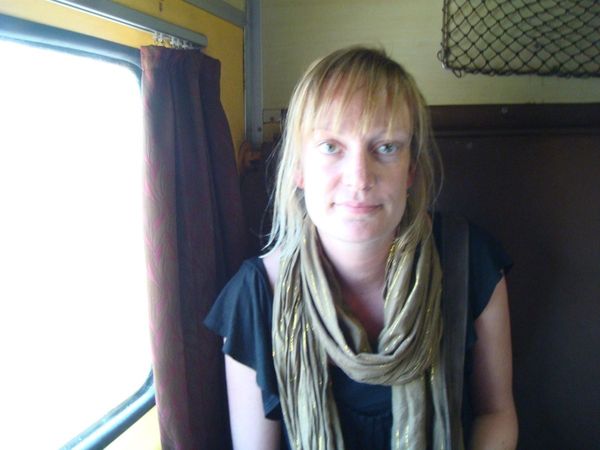SPOTLIGHT
For six-year-old Siddharth, the best part about school is that he gets to meet his friends. The class I student spent two of his kindergarten years mostly in online classes. He says he is not bored anymore as he goes to school every day.
But this is not the case for all the children who have gone back to school; some first graders have had adjustment issues. Many private schools have reported a dip in reading, writing and social skills in students. Unlike the pre-pandemic years, when only the first two days of a fresh academic year meant revision classes, this time, schools are dedicating almost a month to bring students up to speed, with bridge courses and other ‘back to basics’ approaches.
According to the recently released ‘National Achievement Survey 2021’, the academic performance of students in Karnataka during the year was average against the overall achievement score of the country for third graders. For the fifth graders, the report says that above average performance was seen in languages and average performance in mathematics.
Teachers in city’s schools have noticed a deterioration in the handwriting. Many students, especially between class I and IV, have also forgotten spellings. Those in classes V to VII have forgotten basic mathematics, like fractions and decimals, they say.
“The students were not exactly proactive when they first came to school, but they picked up within a few days. The older children are more in tune with the classes as some of them attended offline classes for a few months last year, but the younger ones will be comfortable soon. We are conducting more oral-oriented programmes, while also brushing up on basic mathematics, like addition and subtraction, multiplication tables for the primary classes and LCM and HCF for the V to VII graders,” said U.S. Moinuddin, Secretary, Magnifique English School.
“Children in classes I to IV are struggling to read and write, but they will be able to cope within the next 15 to 20 days. With regard to older students, we have noticed that some of them have become dull due to lack of physical classes. We are hoping to resolve all such issues within a few weeks. But we have received good feedback from parents that students are enjoying physical classes,” said a coordinator at NSVK Nursery, Primary and High School.

Dealing with social anxiety
Apart from academics, social anxiety has been a concern. Parents also do not deny that the transition has been a little difficult for the children. But with managements and teachers taking extra measures to make school a comfortable place by including a lot of co-curricular activities, the children are slowly adjusting to the change.
At Alpine Public School, yoga classes have been introduced to keep the students calm while music has also been actively introduced into the curriculum for the same reason.
“The students of lower grades were very attached to their families, especially their mothers, during the pandemic days. It was naturally a little difficult for them to come into the school atmosphere, considering the fact that many of them had never been exposed to such atmospheres before. Adolescents on the other hand, have become more conscious as there have been a lot of changes in them in the last two years. Hence, our teachers are also counselling the students, to help them get more comfortable”, said Anitha M. Kalibhat, teacher and coordinator, Alpine Public School.
Parents, for the most part, are relieved that children are back to their routines and away from the screens, which was one of the biggest concerns during the pandemic years. Those parents, who have children within the age group of four to six, said their biggest worry was that their children had missed out on social interactions in the last two years, which could mean social anxiety when they go back to school. However, most of them have received feedback from their children that they are enjoying going to school.
“Now we can see some discipline in them as all these days, they had no urgency to wake up on time or get ready and now that is not the case. Their dependency on parents has also reduced as we no longer have to keep them occupied for 10 to 12 hours a day. Since they were confined at home, I think children could not understand elements of social wellbeing. Those of my son’s age (six years) had completely forgotten how the world was. It is a really good thing that physical classes are back as they can now stock up on a variety of experiences”, said Sindhu Vinay, a working mother.
Reluctance to get back to school
On the other hand, autistic children are highly resistant to return to school. “We are getting mails and calls every day that they do not want offline classes and that they are anxious. They only want “laptop schools”. They want to come to the centre, but not attend classes. The parents have requested us for help and that is why this whole month, we have only scheduled camp like activities and no regular classes. The target for teachers is also emotional regulation and to ensure that the children come and go happily,” said Sharbani Mallik, founder director, Bubbles Centre for Autism.







